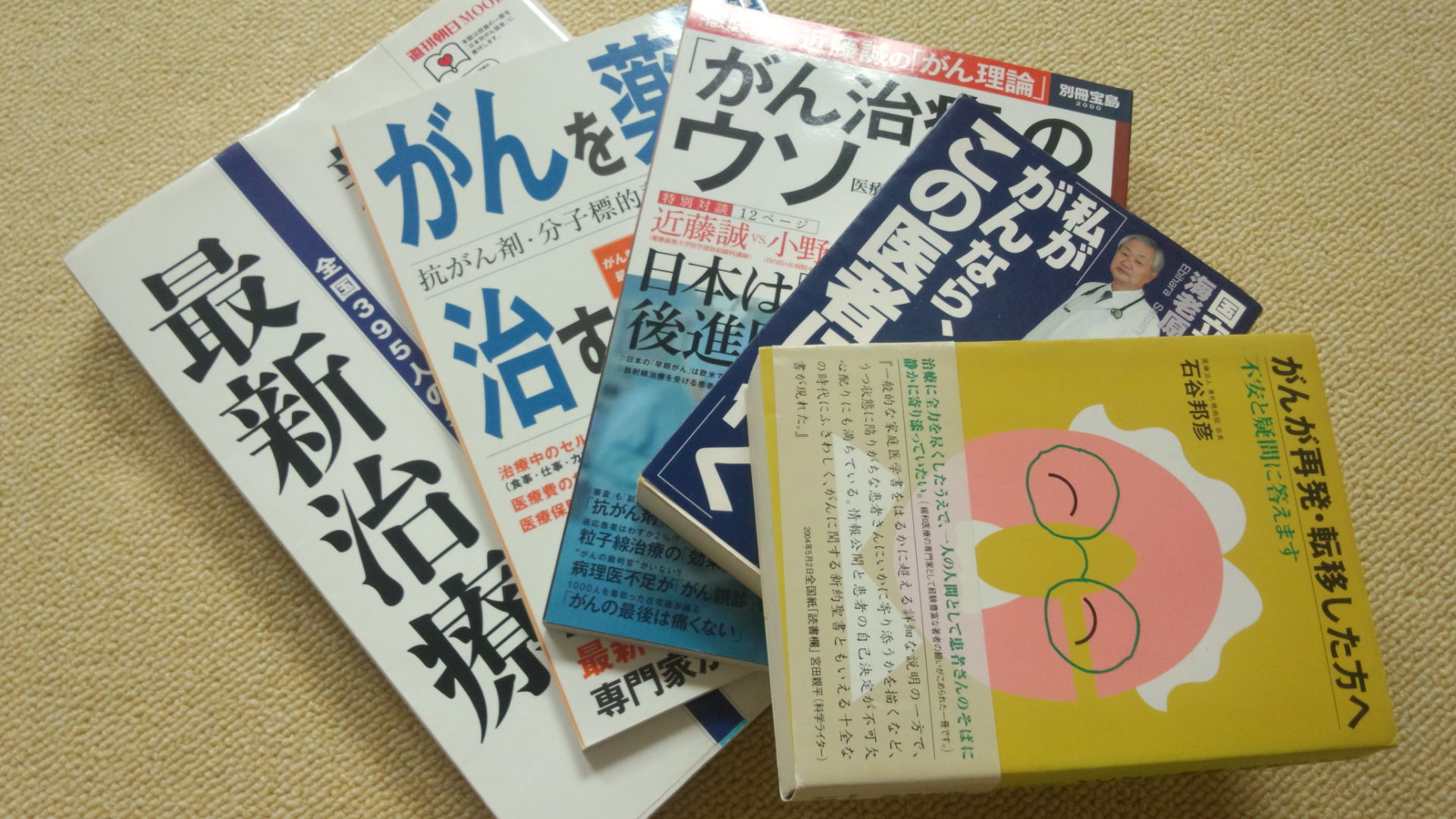The novel bladder preservation therapy “OMC-regimen”
Azuma et, al. have developed the novel bladder preservation therapy “OMC-regimen”
The standard method of treatment for patients with locally invasive bladder cancer has still been a total cystectomy, which decrease the quality of life due to the urinary diversion and postoperative impotence.
Azuma et, al. have therefore developed a novel bladder preservation therapy [referred to thereafter as the “OMC (Osaka Medical College) regimen”] involving balloon-occluded arterial infusion (BOAI) of an anticancer agent and concurrent hemodialysis (HD). This allows the anticancer agent to accumulate at a high concentration at the site of the tumor while ensuring that the systemic concentration remains low, and this is then followed by radiation therapy.
The OMC-regimen achieved better outcomes in comparison with total cystectomy
The most pertinent issue related to this therapy is why it achieves better outcomes than cystectomy. They have found that BOAI allows delivery of an extremely high concentration of anticancer agent to the bladder and surrounding pelvic region, as well as to the pelvic and para-aortic lymphatic tissues. Enhanced radiosensitivity of the cancer cells due to the BOAI-induced high concentration of cisplatin in the bladder, as well as in the lymphatic tissues, may also have contributed significantly to the good outcomes achieved. In addition, the severe hypoxia in the target region resulting from BOAI may play a role in the marked anti-tumor effect, as several basic studies have demonstrated that hypoxia greatly enhances the effectiveness of cisplatin.
| The other advantage of the OMC-regimen is a significant reduction of systemic
side effects. Cisplatin exerts its anti-tumor activity via the non-protein-bound
form, whose concentration falls steeply after administration: its half-life
is normally less than 60 minutes, and its concentration falls to below
the detection limit 4 hours after administration. The most important point
of the OMC-regimen is the removal of non-protein-bound Pt immediately after
administration of cisplatin by performing HD via the bilateral common iliac
veins, thus accomplishing efficient drainage of cisplatin immediately after
passage through the tumor. HD is specifically efficient for cisplatin elimination,
since the molecular weight of protein-unbound cisplatin is approximately
300, similar to that of creatinine. |
(スポンサードリンク)
|
Moreover, the anatomic structure and blood supply of the bladder may largely account for the efficient drainage of cisplatin achieved with this approach. As the urinary bladder is situated at the base of the pelvis, the relatively close circuit formed by the internal iliac artery, bladder, and common iliac veins may contribute to efficient drainage of the anticancer agent, thus increasing the elimination efficiency without influencing the systemic circulation. Indeed, we found that >95% of free Pt was efficiently eliminated by HD during BOAI of cisplatin, thus providing optimal conditions for effective local accumulation of Pt in the tumor, with minimal systemic toxicity, allowing even a 91-year-old patient to complete the regimen.
Thus, the OMC-regimen, which delivers an extremely high concentration of
anticancer agent to the site of a tumor without causing systemic
adverse effects, can be
regarded as a curative therapy for elderly patients, not only those for whom
total cystectomy is indicated, but also those of whom total cystectomy is not
feasible because of age, performance status or other reasons and who are
considered physically incapable of tolerating the chemotherapeutic regimens
that are usually applied clinically. It is noteworthy that this therapy will
improve the feasibility of radical cure without the need for cystectomy in
patients for whom such surgery would otherwise be necessary, and also
facilitate potential cure in patients whose condition would normally rule out
this likelihood and for whom, otherwise, merely palliative treatment would seem
the only option.
OMC-regimen ⇒ http://www.osaka-med.ac.jp/deps/uro/html/special_e.html#boukou
●Links
・Japanese best doctors(bladder cancer)
・Super doctor in Japan(bladder cancer)
※Google search box
(ex)bladder cancer doctor Japanese
| (Google search box) |
|
|
  |
がん最新医療情報・名医情報をフェイスブックで紹介しています!! |
|
|
|
|
⇒ Top page |
|





